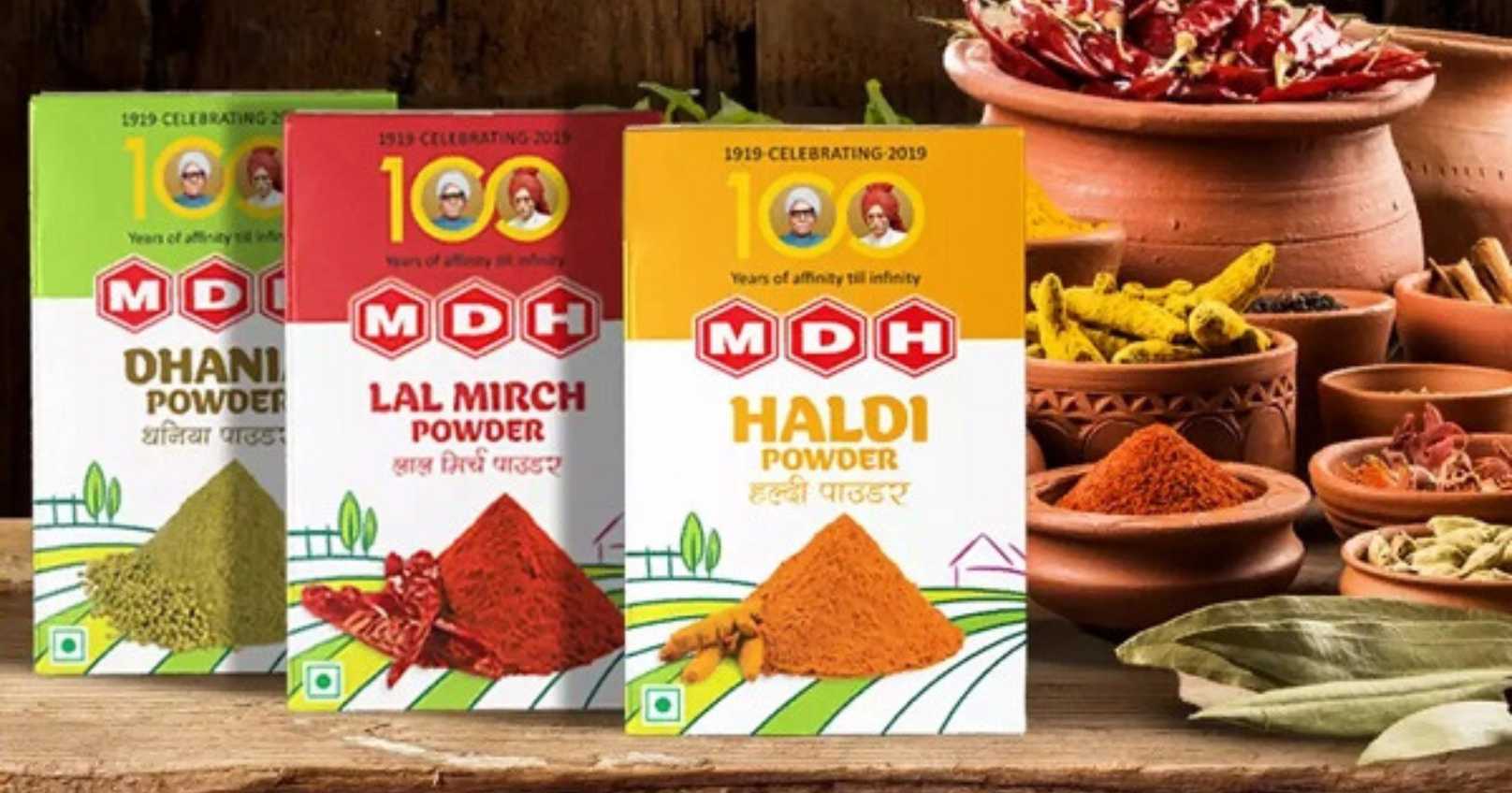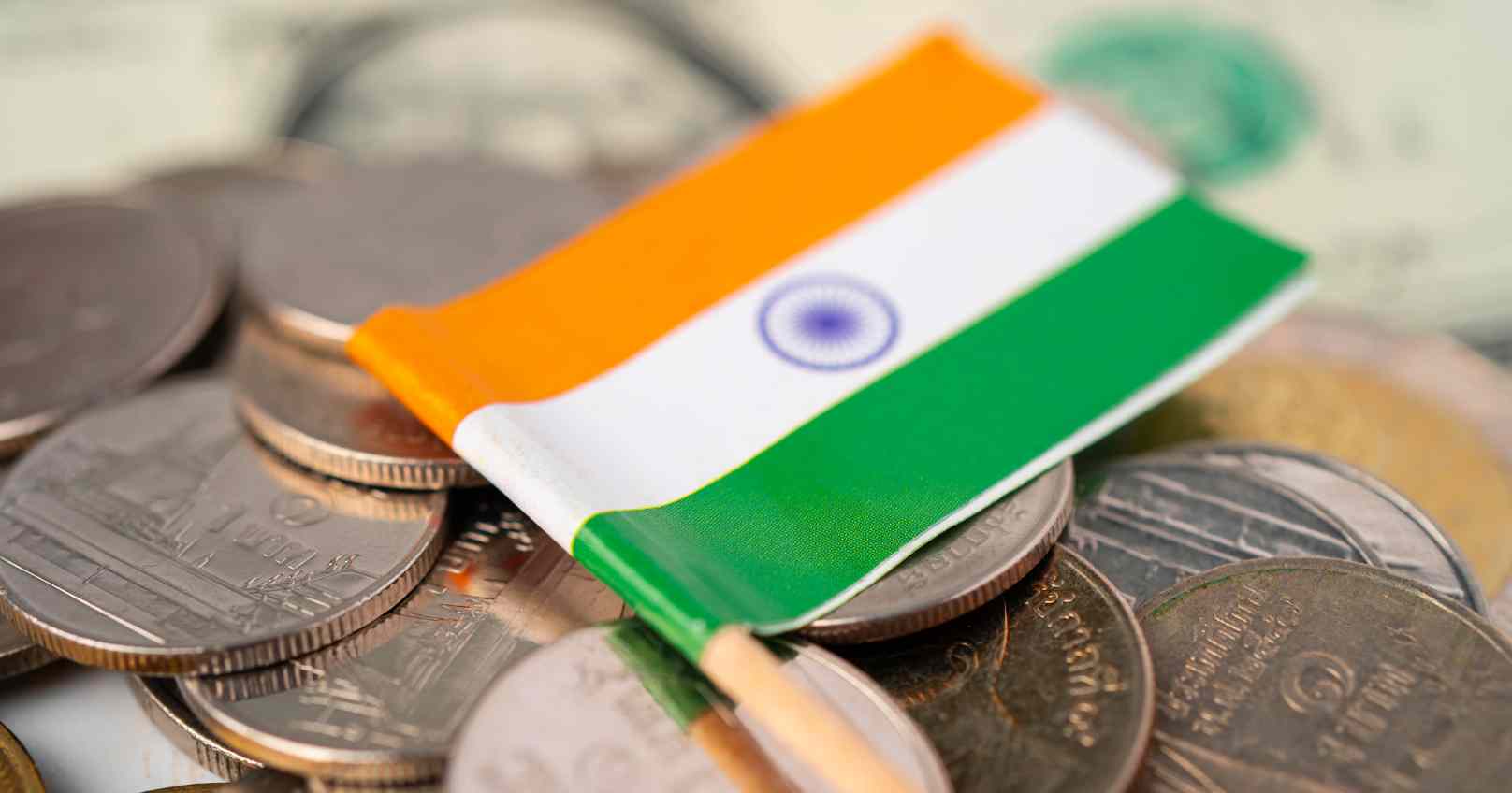A renowned Indian spice brand, MDH, has come under scrutiny for alleged contamination issues in some of its products. A recent Reuters analysis of US regulatory data revealed that since 2021, approximately 14.5% of MDH's shipments to the US have been rejected due to bacterial presence, particularly salmonella.
Moreover, Hong Kong suspended sales of certain spice blends from MDH and another Indian company, Everest, citing high levels of a potentially cancer-causing pesticide called ethylene oxide. Both companies have adamantly asserted the safety of their products, with MDH emphasizing that it does not utilize ethylene oxide at any stage of its spice production process.
This scrutiny comes at a time when India dominates the global spice market, being the largest producer, consumer, and exporter of spices. Estimates suggest that India's domestic spice market was valued at $10.44 billion in 2022, with exports totaling $4 billion during 2022-23, according to the Spices Board.
Prior to these recent issues, MDH faced rejections in the US market due to salmonella contamination, with around 20% of its shipments being rejected between October 2023 and May 3 of this year. In contrast, Everest experienced fewer rejections, with only one shipment out of 450 being rejected for salmonella in the ongoing fiscal year.
Both MDH and Everest have reassured consumers of the safety of their products, despite the FDA data indicating rejections. However, the FDA and the Spices Board have yet to publicly disclose the results of their inspections into the compliance of MDH and Everest facilities with quality standards.
These incidents have raised concerns among consumers, given the popularity of MDH and Everest products in India and abroad. While both companies have been prominent players in the Indian spice industry for decades, recent recalls and rejection incidents underscore the importance of stringent quality control measures to ensure consumer safety.







